Hygiene is necessary for personal maintenance. Besides making you feel clean and fresh, daily habits for personal hygiene aid in protecting you from various diseases and infections. Because hygiene is one of the most important factors in health care, as a health care professional, it is essential to establish personal habits to ensure proper hygiene. Now in this part let us see a few basic but important daily practices that will help to maintain personal hygiene and safety.
The importance of personal hygiene for the health of the human being cannot be overemphasized. Personal hygiene is vital as it ensures that you do not transfer any germs or bacteria that cause any diseases. It also increases the level of self–esteem and confidence in the individual and makes the individual feel great. It is important to maintain basic hygiene because it can prevent exposure to health risks to not only yourself but other people as well.
Daily Habits for Personal Hygiene
Regular Hand Washing
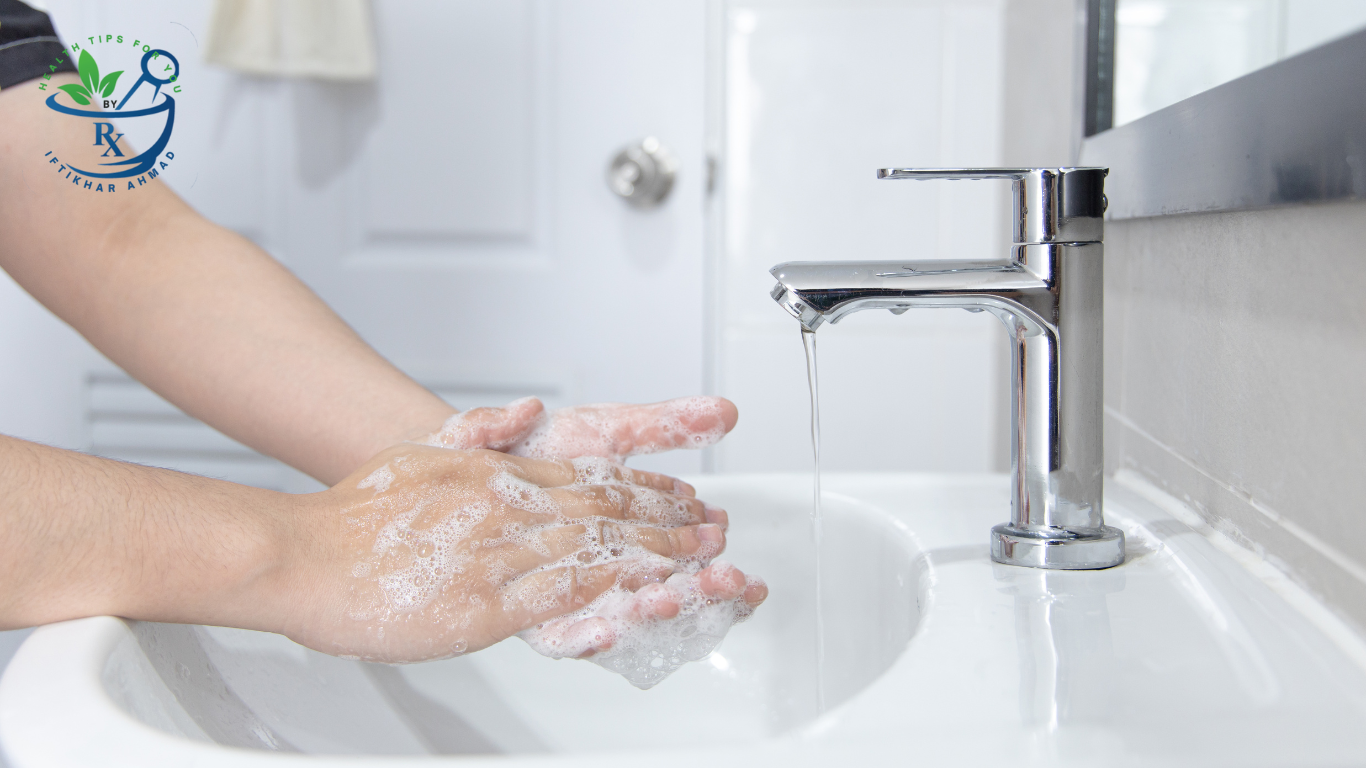
Washing the hands kills germs and is therefore one of the easiest ways to avoid transmitting germs. Wearing masks must be a routine both at work and when going out in public, especially in the following instances; before eating or drinking, after using the washrooms, after blowing the nose or coughing and after touching the face or mouth. Alcohol-based hand sanitisers containing at least 60 per cent alcohol are germicidal and can be used instead of soap and water when hands are not visibly dirty.
Oral Hygiene
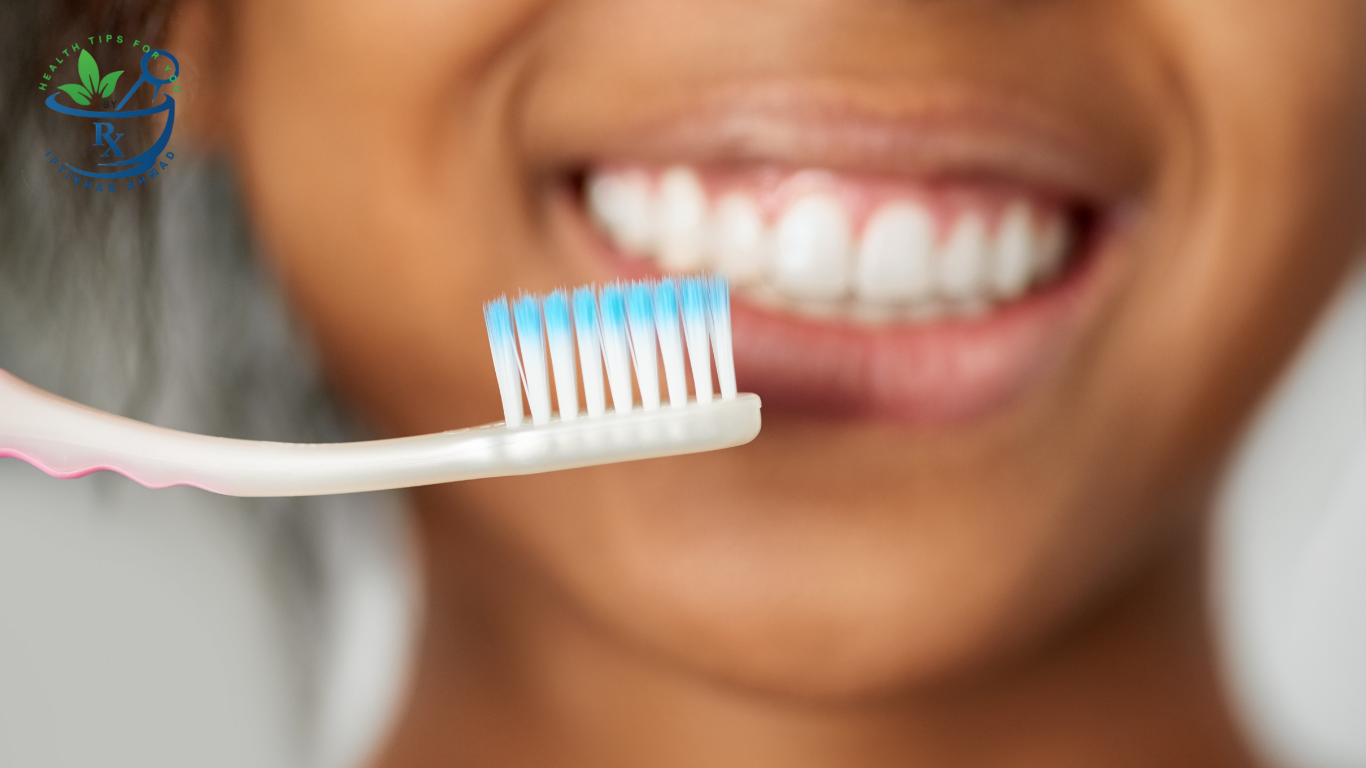
This paper will highlight the importance of maintaining good oral hygiene and its effect on dental health as it relates to the prevention of dental decay, gum disease, and bad breath. Please remind your child to brush his/her teeth at least twice a day using toothpaste with fluoride and flossing in between teeth to prevent tooth decay caused by leftover food. It is also important to visit your dentist occasionally to maintain healthy gums.
Bathing and skin care As a Daily Habits for Personal Hygiene
Daily bathing can rid the skin of dirt, sweat and bacteria that would otherwise cause a foul smell and infections. Conditioner: Use of mild soap and warm water should be encouraged; the excessive use of hot showers is discouraged as it dehydrates the skin. Skincare; moisturize your skin after bathing to maintain skin health.
Hair Care
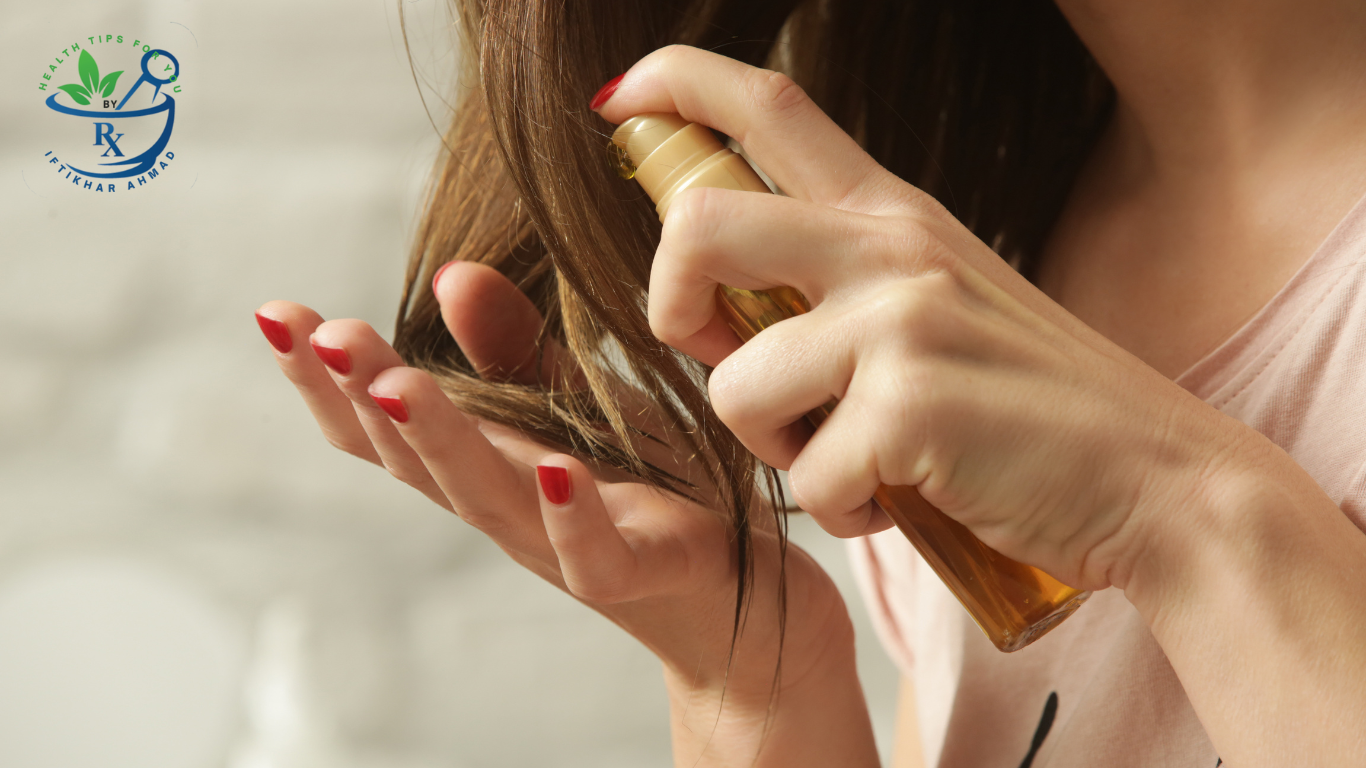
Dirty hair is also a beauty failure. Clean Your Hair Daily: Clean hair with gentle shampoo. Washing depends on individual preference, hair type, and personal habits, but on average 2-3 times per week is enough. The use of conditioners is important for softening and keeping the hair in shape.
Nail Care
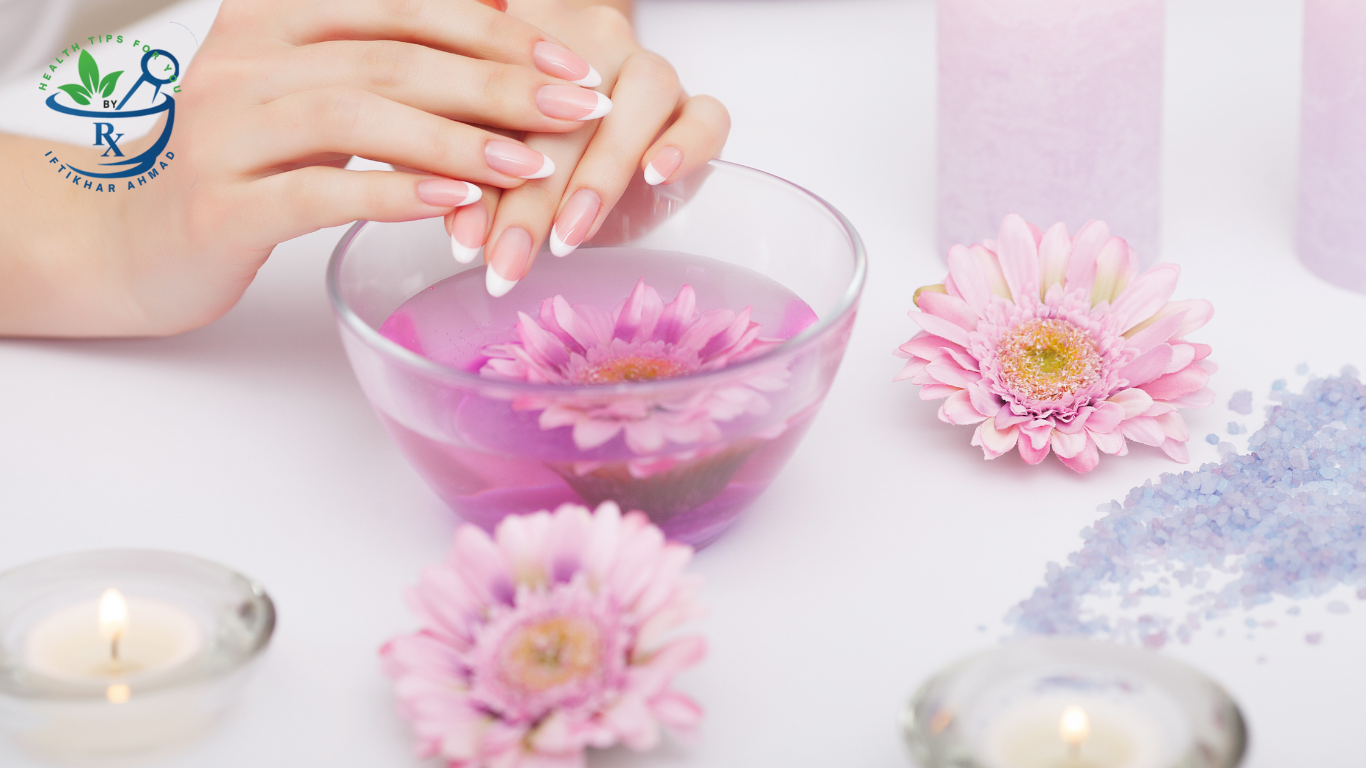
Nails should be cut short and well-manicured to avoid the development of dirt and microbes. Frequent washroom visits and trimming of your nails help prevent infections and help increase their strength. Avoid the oldest habit of biting your nails because this spreads germs from your palms to your mouth box or vice versa.
Foot Care As a Daily Habits for Personal Hygiene
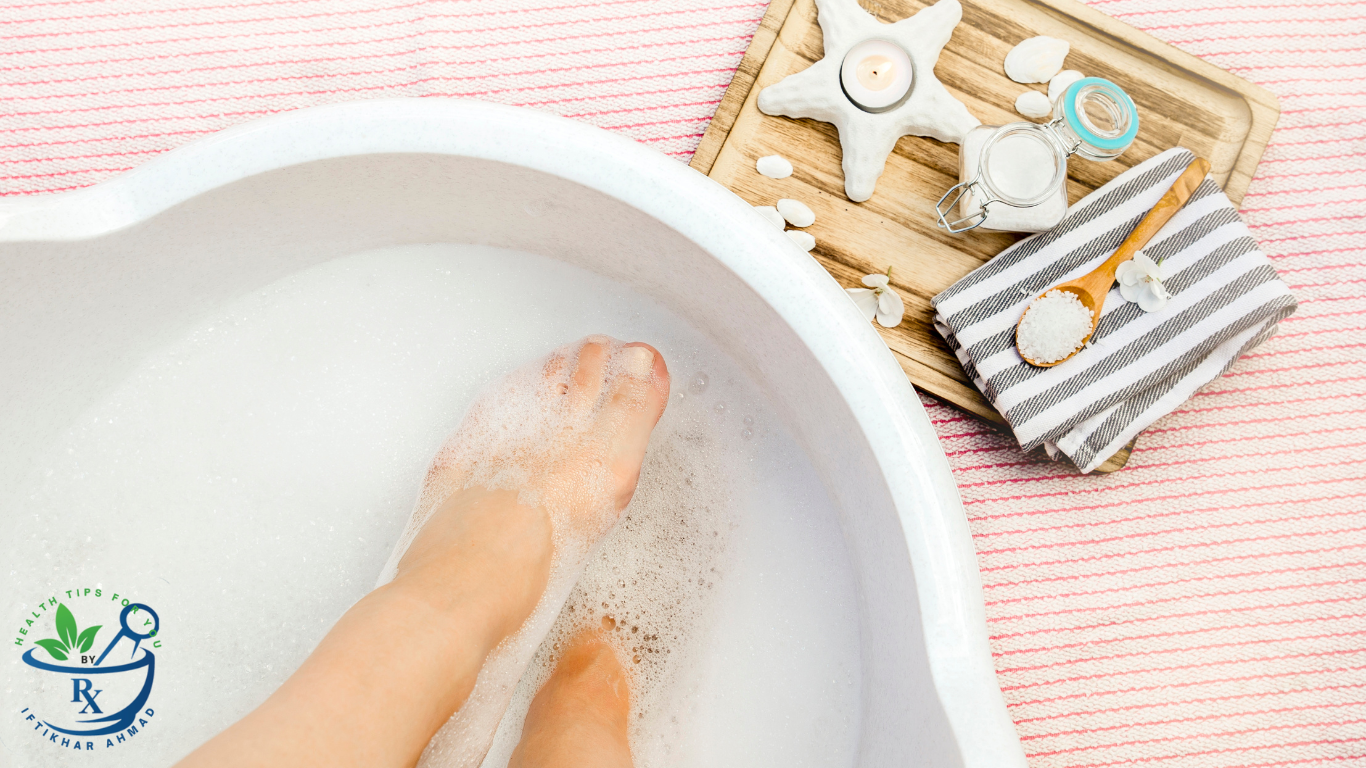
I would advise that attention must be paid to foot hygiene as it is vital. Exfoliate your skin and wash your toes daily but especially between the toes to avoid athlete’s foot fungus. Change worn-out socks every day and replace them with clean ones too. The people should avoid walking bare feet and if there are foot complications they should see a podiatrist.
Clothing Hygiene is a Part of Daily Habits for Personal Hygiene

It is not a secret that cleanliness plays a significant role in personal hygiene. Do not wear clothes for two consecutive days especially underwear which accumulates sweat and bacteria. Dishwash those clothes often and only put on thoroughly dry clothes.
Respiratory Hygiene
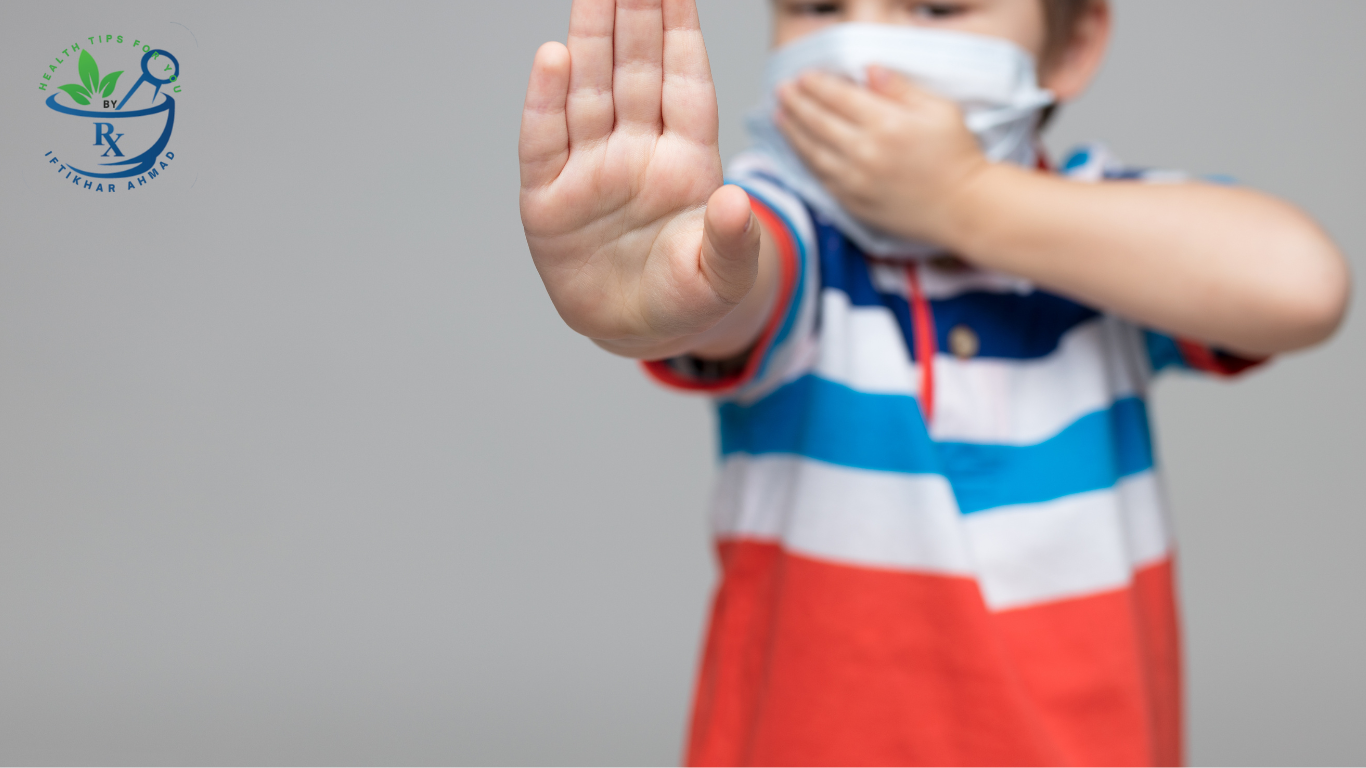
Respiratory hygiene is a measure to prevent contamination with another person with respiratory infections. It’s best to cover your mouth and nose with a tissue or elbow when you cough or sneeze. Tissue must also be thrown away after use and do some hand hygiene. Mass wearing of masks in places with overcrowding can also help in the prevention of infections.
Menstrual Hygiene
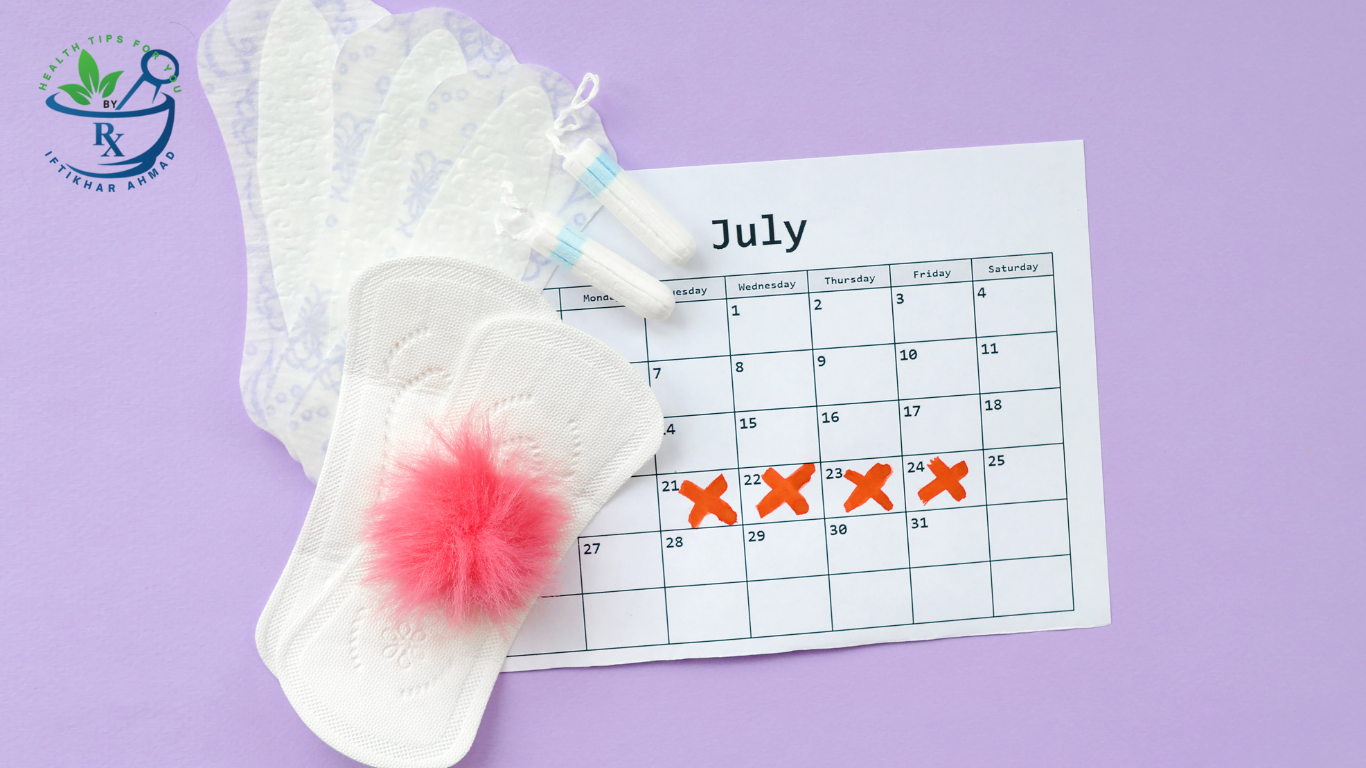
Menstrual hygiene for women is therefore crucial to the safety of their health from infections and pains. Always ensure you change the pad or tampons once every six hours and keep the genital area clean using mild soaps and water. : Let underwear be made of cotton or make sure they are loose so that they can be breathable to the body during the period.
Proper Hydration
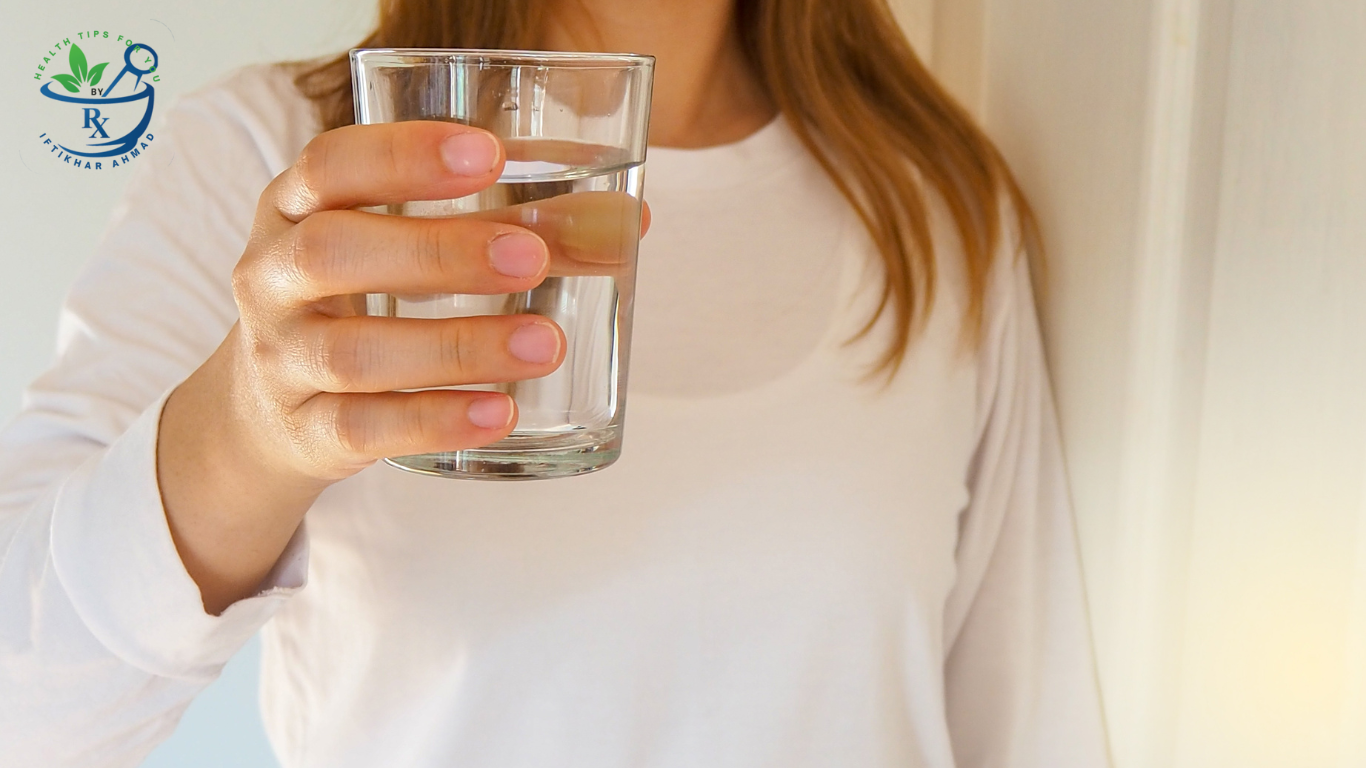
Hygiene is an important aspect in life thus drinking enough water is very important for anyone. The importance of keeping hydrated: Hydration is significant to the body for cleansing of body toxins, body skin flexibility and many body functions. You should drink up to eight glasses of water or more, depending on your level of physical activity or the climate of your location.
Conclusion
Acquiring all these good habits in the field of personal hygiene can help achieve a healthy and happy life. Remember when it comes to personal hygiene it has also to make you attractive but mostly healthy. Go ahead now and begin making these a habit daily. Make sure your body will thank you later!
References
- Murray, P. R., Rosenthal, K. S., & Pfaller, M. A. (2020). Medical Microbiology. Elsevier Health Sciences.
- Genco, R. J., & Williams, R. C. (2014). Periodontal Disease and Overall, Health: A Clinician’s Guide. Professional Audience Communications.
- Gupta, A., & Kumar, R. (2016). Textbook of Preventive and Social Medicine. CBS Publishers & Distributors.
- Centers for Disease Control and Prevention (CDC). (2021). Hand Hygiene Recommendations.
- World Health Organization (WHO). (2019). Oral Health.
By following these guidelines and staying committed to good hygiene practices, you can enjoy better health and improved quality of life. Make personal hygiene a priority, and reap the benefits of a clean and healthy lifestyle!


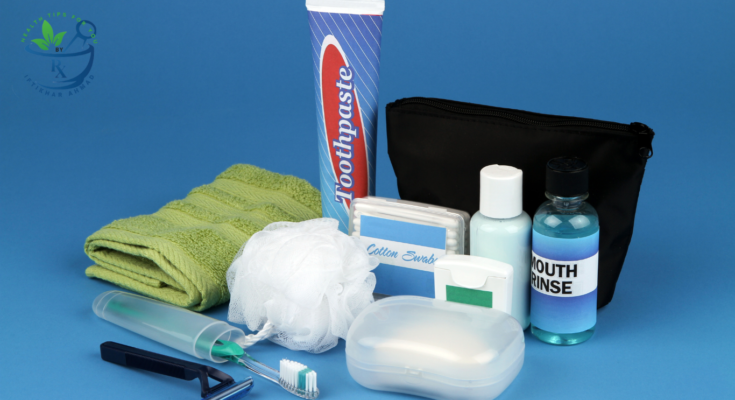
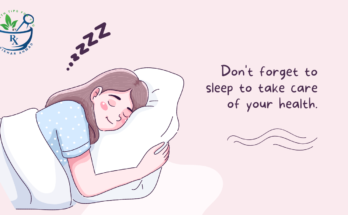


2 Comments on “Daily Habits for Personal Hygiene”